Market Analysis
In-depth Analysis of Airline Technology Integration Market Industry Landscape
The market dynamics of the airline technology integration sector represent a dynamic and rapidly evolving landscape influenced by factors such as technological advancements, industry trends, customer demands, and regulatory requirements. Airline technology integration involves the seamless integration of various technological solutions and systems into airline operations to enhance efficiency, improve passenger experience, and optimize business processes. As airlines strive to stay competitive in a rapidly changing industry, the adoption of innovative technologies plays a crucial role in driving growth and differentiation in the market.
Technological advancements drive innovation and competitiveness in the airline technology integration market. Airlines invest in research and development to leverage emerging technologies such as artificial intelligence, big data analytics, internet of things (IoT), and cloud computing to streamline operations, reduce costs, and enhance the passenger experience. Advanced reservation and ticketing systems, flight planning and scheduling software, and crew management solutions optimize resource allocation, improve flight planning efficiency, and increase operational reliability. Moreover, integration of digital communication platforms, mobile apps, and self-service kiosks enhances passenger engagement, enables personalized services, and improves overall customer satisfaction.
Industry trends such as digitalization, connectivity, and sustainability influence the dynamics of the airline technology integration market. As airlines embrace digital transformation initiatives, there is a growing demand for integrated IT solutions and digital platforms that enable end-to-end automation, data-driven decision-making, and real-time visibility into operations. Moreover, increasing passenger expectations for seamless connectivity, inflight entertainment, and personalized services drive investment in onboard Wi-Fi, entertainment systems, and ancillary revenue-generating services. Furthermore, growing awareness of environmental sustainability and regulatory pressure to reduce carbon emissions drive the adoption of eco-friendly technologies such as fuel-efficient aircraft, electric ground vehicles, and sustainable aviation fuels, influencing technology investment priorities in the airline industry.
Customer demands and changing travel preferences drive innovation and investment in airline technology integration solutions. Airlines are under pressure to adapt to changing passenger expectations and preferences for convenience, flexibility, and personalized experiences. Integrated booking platforms, dynamic pricing algorithms, and loyalty management systems enable airlines to offer personalized pricing, targeted promotions, and value-added services that meet individual traveler needs. Moreover, advancements in biometric identification, contactless payments, and self-service technologies streamline airport processes, enhance security, and reduce waiting times, improving the overall passenger experience from booking to boarding.
Regulatory requirements and industry standards shape the dynamics of the airline technology integration market. Airlines must comply with a myriad of regulatory requirements and industry standards related to safety, security, data privacy, and accessibility when implementing technology solutions. Moreover, interoperability and compatibility with industry standards such as IATA's New Distribution Capability (NDC) and One Order facilitate seamless integration and data exchange between airlines, travel agencies, and technology providers, enabling efficient distribution of products and services across the travel ecosystem.


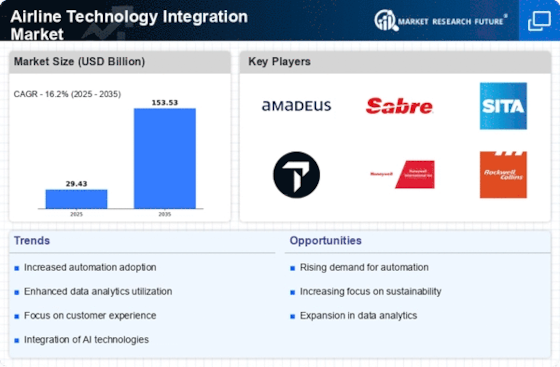
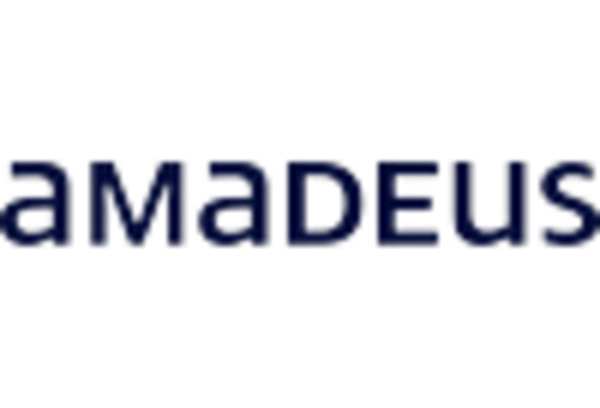
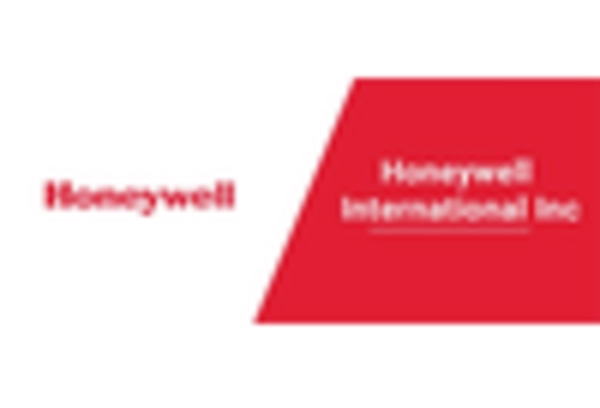
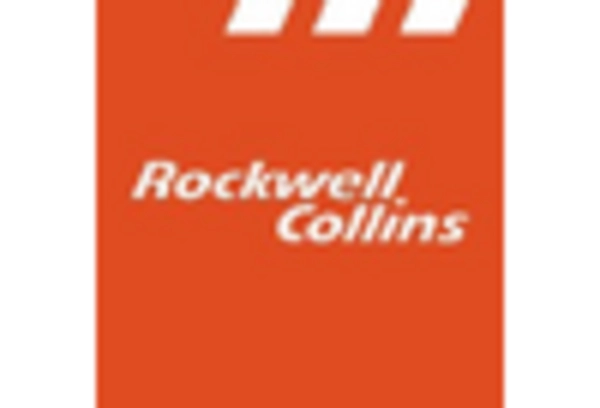
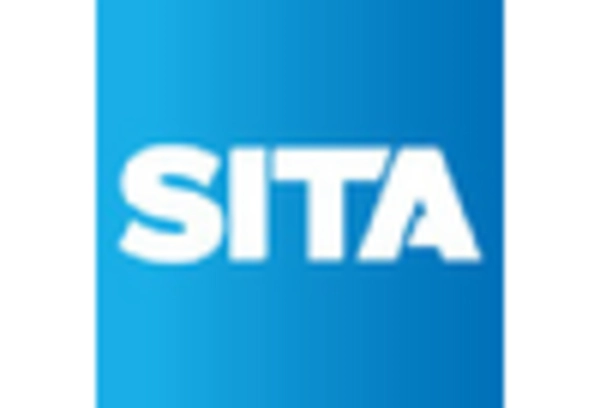
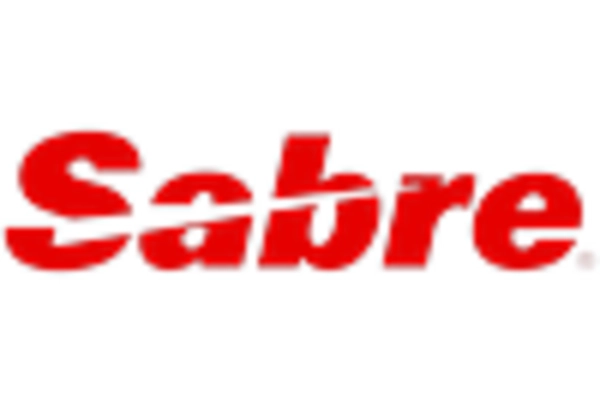
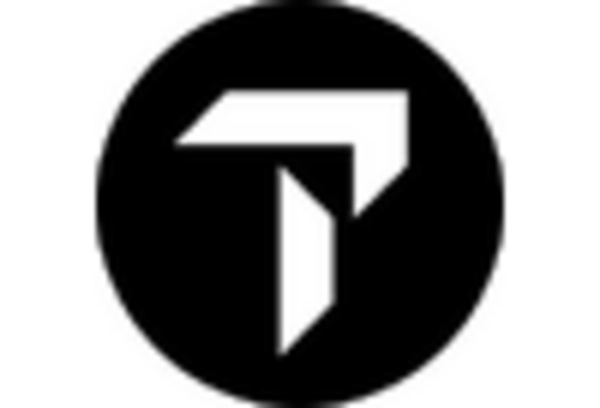










Leave a Comment